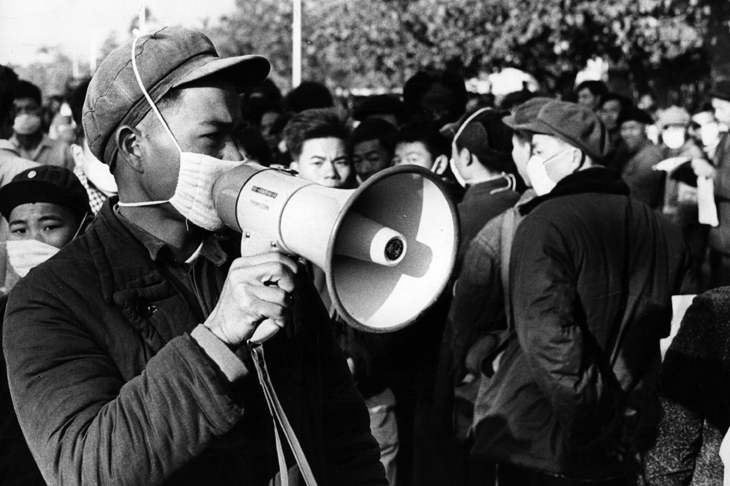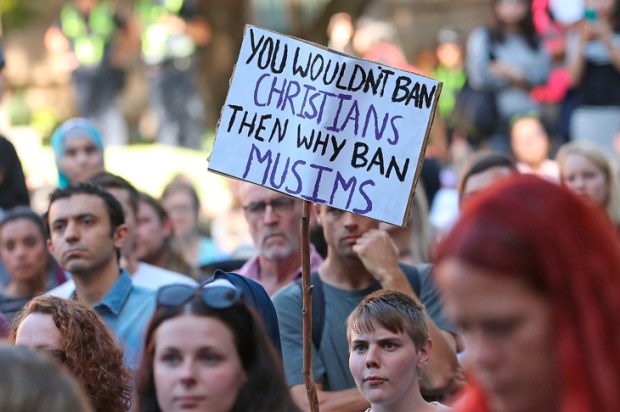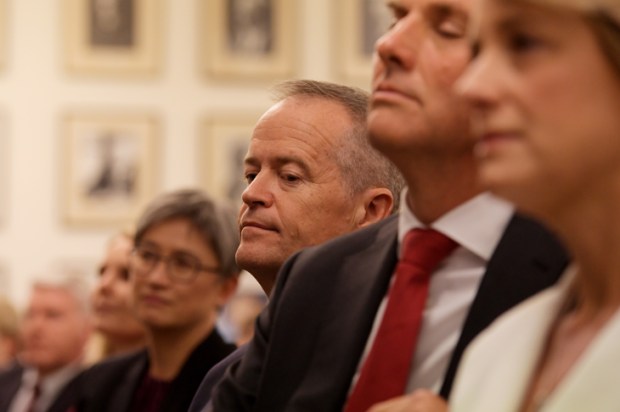I first wrote about political correctness in 1993 after buying a copy of The Official Politically Correct Dictionary & Handbook written by two Americans Henry Beard and Christopher Cerf. Many of the examples were so frivolous that it was possible to laugh – examples like an ‘alcoholic’ being a ‘substance abuse survivor’ and the ‘unemployed’ recast as ‘between jobs’.
Fast forward to more recent years and it’s obvious political correctness is no longer a laughing matter. Such is its force and virulence it now controls how we speak and interact at work and in our private lives. Political correctness even controls how politicians, policy makers, academics and the media frame the national debate and decide contentious issues.
While all agree there is no place for personal abuse, unfair discrimination or deciding the merits of a case based on prejudice and bias, the political correctness movement is more than just about being civil, treating all with respect and basing one’s beliefs and arguments on logic and reason.
Political correctness is a form of groupthink and language control used by the cultural-Left to enforce its ideology on individuals and society. An ideology and form of thought control that can be traced to the Marxist concept of ‘critical theory’ and the belief that the way to radically change society is to take the long march through the institutions.
Beginning with the Frankfurt School in Germany during the 1920s and drawing on the works of the Italian Marxist Antonio Gramsci the belief is that the most effective way for the cultural-Left to gain control is to infiltrate and dominate schools and universities, the media, government, the church and intermediary organisations including professional associations and unions.
While initially drawing on Marxist-inspired critical theory, political correctness was given renewed impetus and became even more dominant as a result of the 1960s cultural revolution, a time when students from the Sorbonne took to the streets in Paris, the Vietnam moratorium movement was at its height and the rights of minorities and identity politics took centre stage.
As a result, critical theory has subsequently morphed into a rainbow alliance of theories, including: neo-Marxism, deconstructionism, postmodernism, second and third wave feminism and gender, sexuality and post-colonial theories.
While often in disagreement all hold in common an ideological commitment to overthrow capitalist society, undermine the grand narrative associated with Western civilisation, banish religion from the public square and to establish a cultural-left utopia signifying the end of history. As noted by NSW academic Alan Barcan: ‘The new morality favoured relativism; absolute beliefs, based on Christianity or liberal humanism, became unfashionable. Politically, a new radicalism and a new concern for minorities emerged’.
Issues as diverse as multiculturalism, the environment and sustainability, gender and sexuality, immigration, race relations, religion, the nature and significance of Western civilisation and the role of government are all framed in terms of what is politically correct and what is not.
Even worse, instead of such issues being properly debated, those who refuse to conform are personally attacked as out of touch, conservative and backward-looking. Criticise multiculturalism or immigration and you are racist, xenophobic and a white supremacist; suggest that it’s normal for children to be either a boy or a girl and you are homophobic, transphobic and guilty of heteronormativity. Defend Christianity and you are a god-botherer and a paedophile. Defend Western civilisation and you are labelled as Eurocentric and guilty of whiteness and oppressing so-called victim groups. As discovered by Geoffrey Blainey who was pressured to leave the University of Melbourne for criticising Asian immigration and, more recently, Peter Ridd who was sacked from James Cook University, those who question political correctness face dire consequences.
As a result of the cultural-Left’s long march, identity politics reigns supreme and university sensitivity toolkits warn against gendered language, white supremacism and the belief that knowledge is inherently beneficial and worthwhile. Education is no longer committed to what T. S. Eliot describes as ‘the preservation of learning, for the pursuit of truth, and in so far as men are capable of it, the attainment of wisdom’.
Instead of being able to discuss issues in a rational and impartial way, debate is shut down and reduced to ad hominem attacks based on emotion and politically correct group think. Worst of all, conservatively-minded students soon learn to acquiesce, as to question the prevailing politically correct orthodoxy is to be guilty of not being ‘woke’ and to risk suffering academically. The reality is that a lack of political correctness invites flaming and vilification on social networking sites, attack in the print and electronic media, social ostracism or fear of not being promoted or even losing your job.
Political correctness is stifling debate, destroying the English language and imposing a distorted ideology that is undermining our way of life. This is best illustrated by George Orwell’s 1984, where free expression and open debate are replaced by Big Brother and Newspeak and anyone who disagrees is guilty of a ‘thoughtcrime’ and suffers as a result.
It should not surprise that one of the most effective ways totalitarian regimes dominate and maintain power is by controlling how people think, how they access information and the language they use. Mao’s Red Guards and his Cultural Revolution as well as Pol Pot’s Year Zero all sought to destroy the ability to critique and question by enforcing a sterile and punitive form of thought control.
Thankfully not all is lost. While there are many reasons why Scott Morrison won the recent election, it’s also true that the quiet Australians fed up with politically correct ideology and group think had a significant impact. Outside the ABC echo chamber and away from biased programs like Q&A there is the hope of a return to sanity and free and open debate. Rather than sitting on its hands, the Morrison government should seize the moment to fight back against this insidious PC neo-Marxist nonsense.
Got something to add? Join the discussion and comment below.
Get 10 issues for just $10
Subscribe to The Spectator Australia today for the next 10 magazine issues, plus full online access, for just $10.
You might disagree with half of it, but you’ll enjoy reading all of it. Try your first month for free, then just $2 a week for the remainder of your first year.














Comments
Don't miss out
Join the conversation with other Spectator Australia readers. Subscribe to leave a comment.
SUBSCRIBEAlready a subscriber? Log in